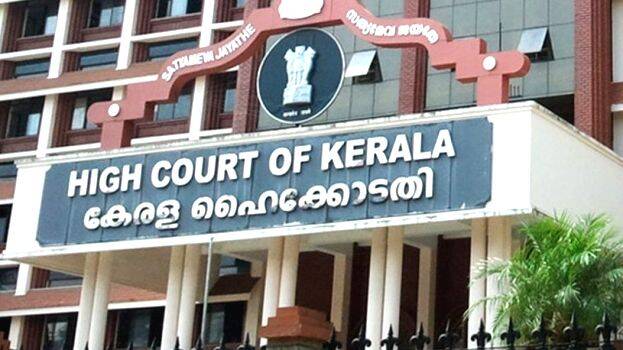

KOCHI: The High Court has upheld equal rights for daughters in ancestral property of Hindu families in Kerala. The High Court has clarified that according to the Hindu Succession (Amendment) Act, 2005, daughters also have equal rights in the property of those who died after December 20, 2004. Justice S Easwaran clarified in his order that the Kerala Joint Hindu Family System (Abolition) Act, 1975, which was repugnant to this, is not in force.
The sisters, natives of Kozhikode, approached the court seeking rights to their father's property. They approached the High Court after the lower court rejected the request. The court then examined various laws and pointed out the inconsistencies in them. Sections 3 and 4 of the Kerala Joint Hindu Family System (Abolition) Act, 1975 are not compatible with the Hindu Succession (Amendment) Act, 2005.
While Section 3 states that no one has a birthright to hereditary property, Section 4 states that those in a Hindu undivided family will have joint rights to the property. However, the Hindu Succession (Amendment) Act, 2005 states that all children will have equal rights. In this context, the court also stated that the Joint Family Abolition Act, 1975, will not apply.
The order quoted a verse from the Skanda Purana, "A daughter is equal to ten sons. A daughter will give the fruit of ten sons." The court issued the order affirming equal rights in property, saying that these things are not seen in the case of inheritance of paternal property by daughters.